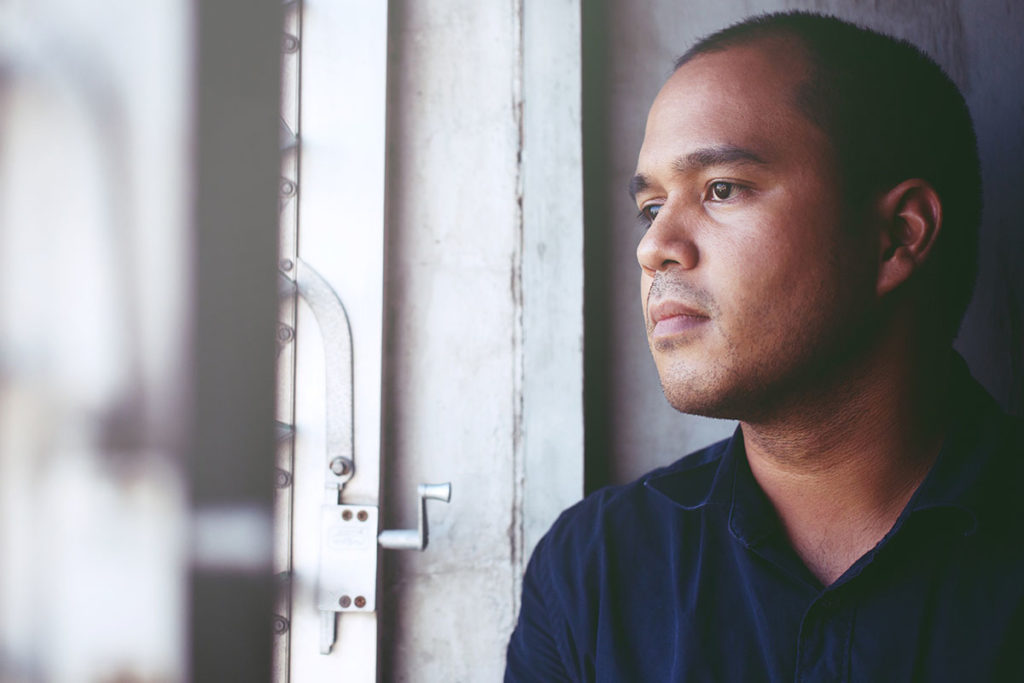Marijuana is one of the most common recreational drugs in America today, with many parts of the country decriminalizing its use. However, that does not mean it is entirely free of consequences. While there is evidence suggesting that marijuana may be less addictive and harmful than other substances, it can still cause addiction. The long-term use of marijuana can lead to psychological dependency. Even short-term use may bring unwanted side effects such as paranoia or physical symptoms. Like any other addiction, people with a marijuana use disorder may still experience withdrawal symptoms.
If you recognize the signs of marijuana addiction in yourself or someone you care about, consider marijuana treatment. Northpoint Colorado offers comprehensive treatment programs for marijuana use disorder and other addictions. Our treatment facility in Loveland, CO is a safe, non-judgmental space for those looking to start on the road to recovery. Each treatment and therapy is on the cutting edge of addiction treatment, and each program is tailored to each patient’s specific needs. To learn more about how Northpoint Colorado can help you break free from addiction, call 888.231.1281.
How to Tell if You’re Addicted to Marijuana
While it is rare to become immediately addicted to marijuana, long-term use may reveal some signs of marijuana use disorder. Some of the more common signs may include:
- Failing to fulfill work or school responsibilities due to marijuana use
- An inability to cut back on marijuana use, despite wanting to quit
- A persistent and all-consuming desire to use marijuana
- Increased tolerance for marijuana or needing to use more to experience its effects
- Using marijuana in dangerous situations, such as when driving
If you experience two or more of these signs within 12 months, it’s a good idea to get help for marijuana addiction.
How to Overcome Marijuana Addiction
Thankfully, most people who experience a marijuana use disorder can usually overcome their addiction by going to rehab. Detox is not typically required for marijuana addiction because the withdrawal symptoms tend to be mild. For many patients recovering from marijuana addiction, the support and community they find at a treatment center are enough to get them through the withdrawal experience.
However, the key is the professional help they can find at a drug rehab facility. Several risk factors increase the likelihood of developing an addiction, whether to marijuana or another substance:
- Unhealthy or abusive family relationships
- Mental health disorders such as depression, anxiety, PTSD, or bipolar disorder
- Early onset of marijuana use before 18 years old
- Family history of addiction
- A social life with frequent drug use
A person’s marijuana use may also be their way of coping with other medical or mental health conditions, in what is called a co-occurring disorder. For these people, drug use may be their way of self-medicating. However, this does not make the underlying disorder go away—it only masks it.
Choose Northpoint Colorado for Marijuana Addiction Treatment
If you or someone you care about needs help for marijuana addiction, Northpoint Colorado offers drug rehab for marijuana and other drugs. Our experts are standing by to assist you on your road to recovery. The treatment programs for marijuana may include the following therapies:
- Cognitive-behavioral therapy
- Motivational enhancement therapy
- Contingency management
These are only a few of the options available, as our addiction treatment specialists will determine the correct program upon intake. We do this to treat each patient as a whole person and not just a collection of symptoms.
Regardless of how severe your addiction is, we have the resources to help you achieve long-term recovery. If you are ready to begin, you can call Northpoint Recovery at 888.231.1281 for more information about our marijuana addiction treatment program.




